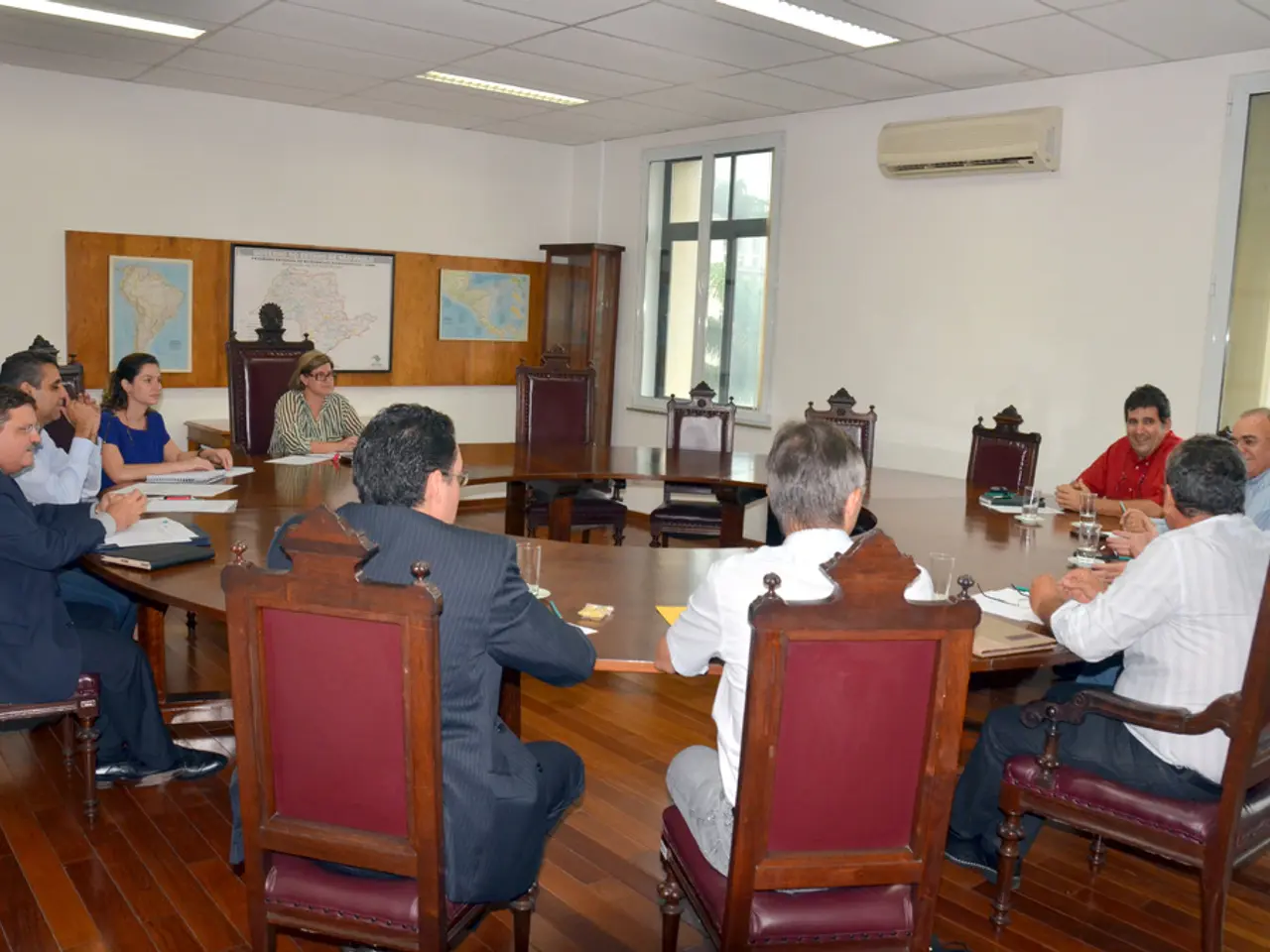Staff illness rates reaching unprecedented heights within accommodations and dining establishments
The hotel and accommodation industry in Germany, particularly in regions like Rhineland and Hamburg, has been grappling with an increase in employee sick leave since 2023. This trend, which aligns with a general rise in compensated work absences due to illness across the country, has significant implications for both the industry and the employees involved.
The analyses by AOK Rhineland/Hamburg have revealed that psychological and musculoskeletal issues are the main culprits behind this rise. These issues are influenced by a variety of factors, including the pandemic aftereffects, work stress, physical demands of the job, and socioeconomic pressures.
The physical demands of hotel work, such as long standing hours, repetitive movements, and manual handling, contribute heavily to musculoskeletal problems. Psychological strain, on the other hand, is often exacerbated by customer-facing roles that involve irregular hours, workload pressures, and possibly insufficient support or ergonomic interventions.
The effects of this increase are far-reaching. Higher absenteeism and lost productivity impact hotel operations and service quality. This, in turn, leads to increased medical and employer costs due to longer or more frequent sick leaves and associated health care spending. Furthermore, chronic illnesses or mental health issues can increase staff turnover or reduce engagement.
However, there are potential solutions to address this issue. Improved workplace ergonomics and safety measures, enhanced mental health support services, flexible sick leave and return-to-work policies, health promotion and preventive programs, and regular monitoring and data collection within the hospitality sector can all play a role in mitigating these issues.
The Institute for Occupational Health Promotion of AOK Rhineland/Hamburg offers support to businesses in the hotel and accommodation industry on topics such as stress management, nutrition, and back health. More information about their offers can be found at www.bgf-institut.de.
In 2024, the sick leave rate in the hotel and accommodation industry reached 6.14 percent. This means that, on average, more than 6 out of 100 employees in the industry are absent due to illness every day. Almost half of all employees were absent due to a musculoskeletal disorder, as of the latest analysis.
Examples of musculoskeletal disorders affecting employees include back pain, herniated discs, and shoulder disorders. The number of employees in the hotel and accommodation industry diagnosed with psychological disorders has increased by almost 50 percent compared to 2019.
The sick leave rate among employees in the hotel and accommodation industry increased significantly after 2021, reaching 6.14 percent in 2024. This trend underscores the need for proactive measures to support the mental and physical health of employees in this sector.
- The rise in employee sick leave in the German hotel and accommodation industry, particularly in regions like Rhineland and Hamburg, is largely attributed to psychological and musculoskeletal issues.
- Enhanced mental health support services, such as those offered by the Institute for Occupational Health Promotion of AOK Rhineland/Hamburg, can be beneficial in addressing the psychological strain faced by employees in the workplace.
- Fitness and exercise, health and wellness, and workplace-wellness initiatives, along with improved ergonomics and safety measures, can potentially aid in mitigating musculoskeletal problems faced by employees in the hotel and accommodation industry.




